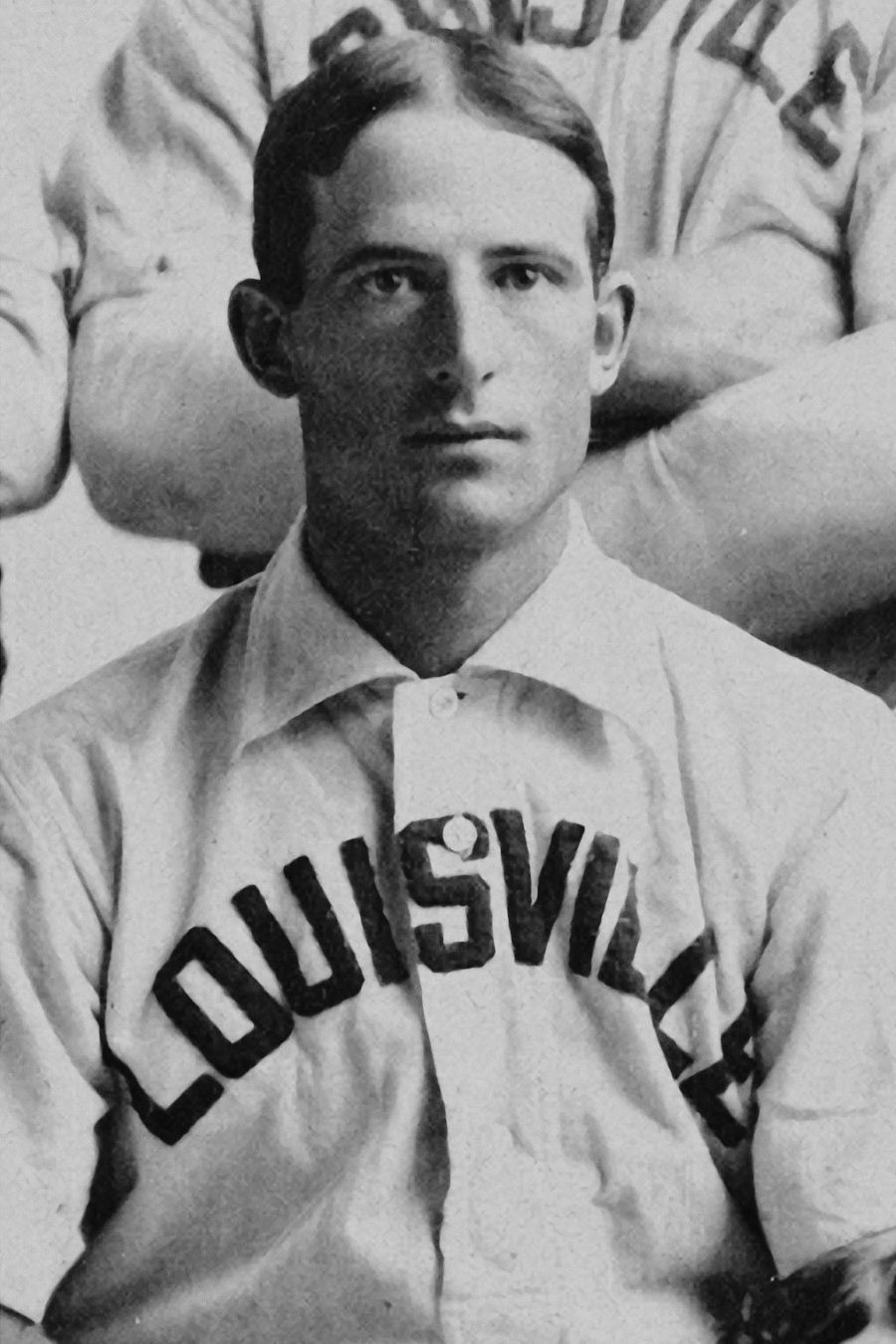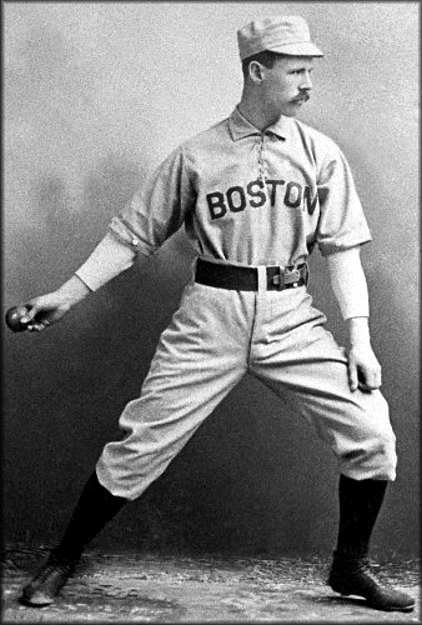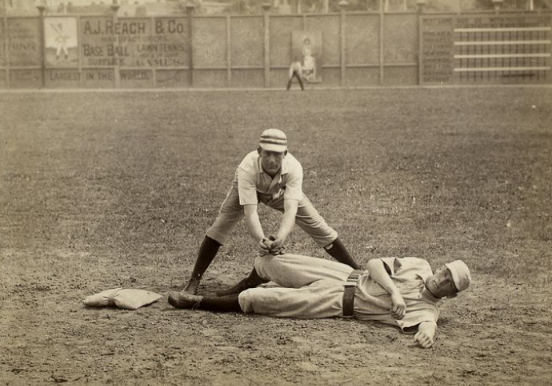6/8/1894 – This was another time the rule was applied incorrectly to the detriment of the team. The St. Louis Browns were playing the Beaneaters in Boston, and the home team elected to bat first. In the bottom of the first, the lead off batter, Tommy Dowd, walked. The next batter due up was Frank Shugart, but the number three hitter, Charlie Frank, came up instead and struck out. Shugart hit into a fielders choice with Dowd being put out. Boston then pointed out that Frank had batted out of order, and the umpire, Bob Emslie, incorrectly called Frank out ending the inning. Frank had already made an out, so it made no sense to call him out again. The original 1876 rule, which was in effect in 1894, was poorly written and incomplete, but it did not allow for a batter to be out twice when he batted out of order. More importantly, Frank was not the proper batter when he hit, so the proper batter then, Shugart, should have been called out, but he was allowed to bat. Apparently, some umpires interpreted the rule in a different manner.




